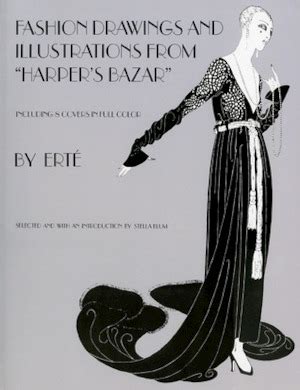A Quote by Josiah Royce
This preparatory sort of idealism is the one that, as I just suggested, Berkeley made prominent, and, after a fashion familiar. I must state it in my own way, although one in vain seeks to attain novelty in illustrating so frequently described a view.
Related Quotes
Fashion is so close in revealing a person's inner feelings and everybody seems to hate to lay claim to vanity so people tend to push it away. It's really too close to the quick of the soul. Vain trifles as they seem, clothes have, they say, more important offices than to merely keep us warm. They change our view of the world and the world's view of us. Don't be into trends. Don't make fashion own you, but you decide what you are, what you want to express by the way you dress and the way you live. Fashion should be a form of escapism, and not a form of imprisonment.
Welfare policies never attain those - allegedly beneficial - ends which the government and the self-styled progressives who advocated them wanted to attain, but - on the contrary - bring about a state of affairs which - from the very point of view of the government and its supporters - is even more unsatisfactory than the previous state of affairs they wanted to 'improve.'
The error of Socrates must be attributed to the false notion of unity from which he starts. Unity there should be, both of the family and of the state, but in some respects only. For there is a point at which a state may attain such a degree of unity as to be no longer a state, or at which, without actually ceasing to exist, it will become an inferior state, like harmony passing into unison, or rhythm which has been reduced to a single foot. The state, as I was saying, is a plurality which should be united and made into a community by education
Some people are very earnest after the things of God, and he who seeks finds, and the more he seeks in the right direction the more he finds. He that is dilatory in searching after the things of God, obtains but little; he that is diligent obtains much. All may receive it, but they must obtain it in the way that God has appointed, all receiving their measure according to their diligence and desire; but the spirit is the same.
What the nostalgic past and the imaginary future seem to share in common is a form of idealism, perhaps a dream of wholeness. Our future is just as goopy with sentiment as our past. To me, they're the same, both very tempting, and I don't believe in either, although the idealism is probably important.
Fashion sighs after trends. I want timeless elegance. Fashion has no time. I do. I say: Hello Lady, how can I help you? Fashion has no time to even ask such a question, because it is constantly concerned with finding out: What will come next? It is more about helping women to suffer less, to attain more freedom and independence.







































